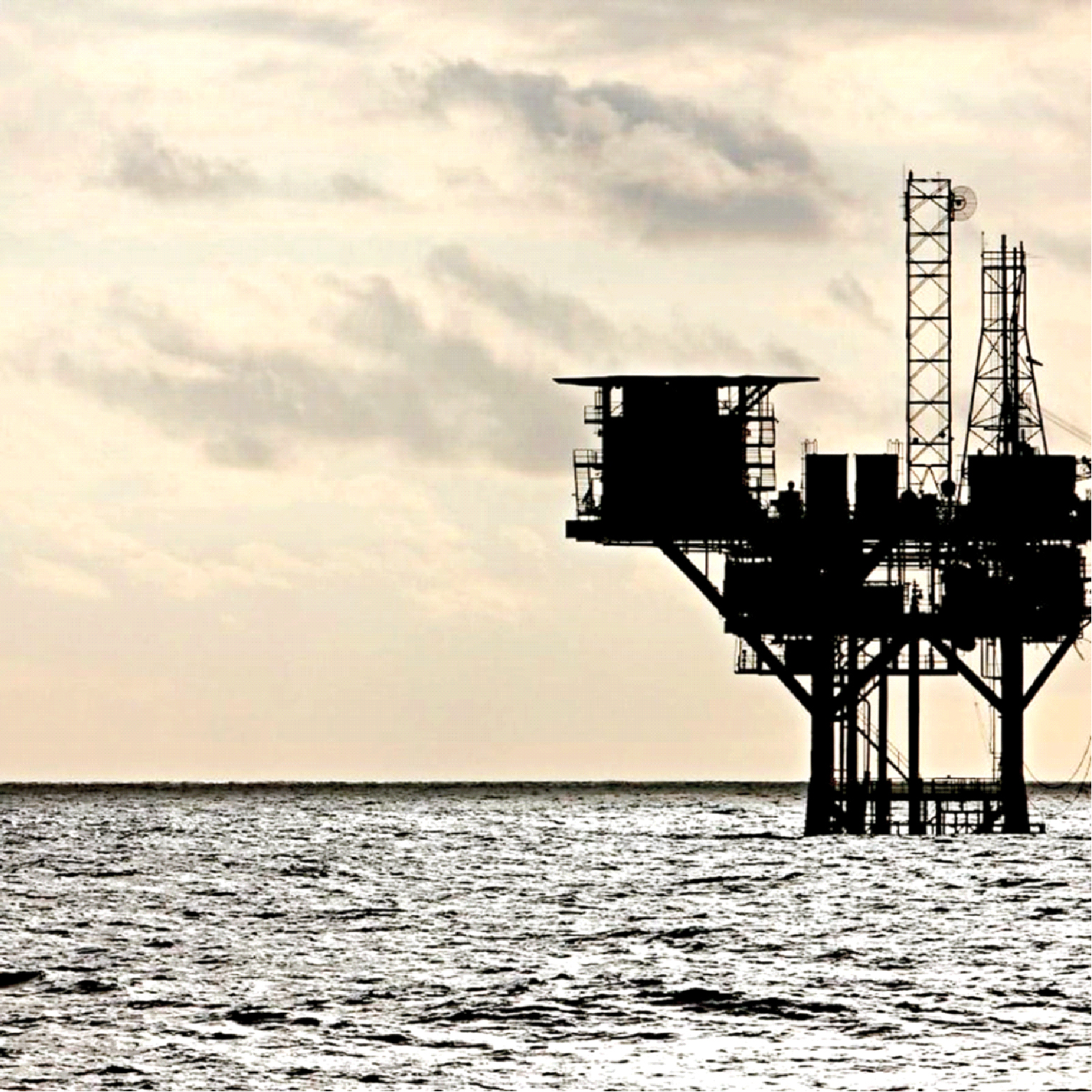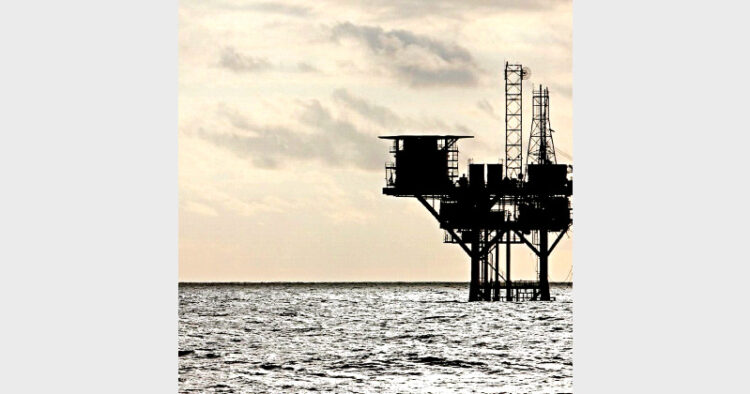West Asia’s political problems are not going to be solved anytime soon. India will have to work within the existing constraints to bolster its means to further secure energy security. New Delhi should also look forward to work with other major Asian players with similar concerns such as South Korea and Japan to secure energy deposits and supply chains
-Manish Rai

Energy security has long been a concern for India, a global giant in oil consumption. Fuel demands are growing fast in proportion to the country’s rapid economic development. Oil and natural gas are expected to remain India’s main source of energy in the coming two to three decades, at least. Due to the lack of significant domestic reserves of oil and natural gas, India has looked towards the geopolitically challenging West Asia to fulfil its requirements throughout much of its independent history. Also, a large number of Indian migrants work in the region, especially in Gulf countries. To put in numbers, India imports 53 per cent of its oil and 41 per cent of its gas from West Asia, and over 8.5 million Indians work in the region. New Delhi does not believe in the policy of subscribing to one or the other side in West Asia’s volatile political environment. It has always believed and pursued a balanced diplomatic approach in the turbulent region. Thus, India has cultivated a number of important bilateral relations in the region, most notably with Israel, Iran and Gulf monarchies like Saudi Arabia and UAE. Partly because all these relationships are so strong and valuable that India would prefer not to choose between them. India wants to project itself as a friend of all and a threat to none.
The current and highly dynamic geopolitical situation in West Asia is a concern. The region is quickly turning into a highly polarised part of the world. The growing divide between Riyadh and Tehran and Washington’s hypocritical ignorance could put New Delhi in a spot of bother. Till now, India has maintained ambiguity in the internal matters of the region and chosen to remain neutral in any conflict. But growing power struggle between the Sunni bloc led by Saudi Arabia and Shia powerhouse Iran is pressuring India to choose sides
Despite India pursuing a balanced policy in the region, it has some challenges which needed to be addressed so that it can rely on West Asia as the most trusted source of energy. First of all, India lacks direct investment in the energy sector of this oil and gas-rich region. Intensification of direct investments in the West Asian energy industry, both at the public and private sector levels is very much required. Indian policymakers can accelerate earlier assurances of energy cooperation with countries such as Iran and Saudi Arabia. They can also use security and defence accords with these nations to make healthy measures to fortify these investments. India should sign more defence treaties on bilateral (such as agreements signed with Qatar and Saudi Arabia) and institutional levels (such as GCC). And make sure to include energy as a strategic asset in these agreements. Indian Government aspires to establish strategic petroleum reserves for 45 days ideally to hedge against any geopolitical volatility. For that direct investment in the oil assets overseas is a must.
The current and highly dynamic geopolitical situation in West Asia is a concern. The region is quickly turning into a highly polarised part of the world. The growing divide between Riyadh and Tehran and Washington’s hypocritical ignorance could put New Delhi in a spot of bother. Till now, India has maintained ambiguity in the internal matters of the region and choose to remain neutral in any conflict. But growing power struggle between the Sunni bloc led by Saudi Arabia and Shia powerhouse Iran is pressuring India to chosen sides. In addition to this, India’s growing deep relations with Israel can also be viewed by the anti-Israel camp in the region as New Delhi is picking sides. India has to walk a tightrope to maintain all these multiple relationships in the coming time simultaneously. India has to be very cautious not to step over the region’s many fault lines. To be seen as a friend of all, India should resist any pressure to take sides and be wary of being sucked into the region’s rivalries. Non-alignment, as a movement may have lost its significance. But as a foreign policy doctrine that allows India to retain its strategic autonomy even in the wake of crises and pressure, should always continue to inspire its policymakers.
China is a big player—that should not be forgotten in discussions on West Asian diplomacy. Its Belt and Road initiative creates enormous opportunities in the region and could pose an economic challenge to India’s plans. China’s growing economic influence in West Asia is increasing its diplomatic clout as well. But at the same time, India has an advantage over China, having treated its Muslim population in a much better way than China and also being seen as on good terms with the United States. India must continue ramping up its diplomatic initiatives across West Asia, partly as a response to China’s increasing participation in the region
Another emerging threat in the region is of non-state actors. Large scale instability and growing terrorism in West Asia has increased the threat of takeovers of natural resources by non-state actors. In April 2013, ONGC Videsh, an international subsidiary of India’s Public sector undertaking ONGC, lost control of its oil investments in Syria’s Deir-Ezzor region. As the oil field where India (along with China and others) was part of a conglomerate that had invested, was overrun by the Syrian rebel fighters, suspending all exploration and production activities in that part of Syria. High emphasis should be given to the security of India’s assets and commercial interests in the region. For that India can initiate military training exercise routines with more countries from West Asia on issues such as protection of oil assets from terror attacks, antipiracy, and protection of international sea-lanes.
China is a big player that should not be forgotten in discussions on West Asian diplomacy. Its Belt and Road initiative creates enormous opportunities in the region and could pose an economic challenge to India’s plans. China’s growing economic influence in West Asia is increasing its diplomatic clout as well. But at the same time, India has an advantage over China, having treated its Muslim population in a much better way than China and also being seen as on good terms with the United States. India must continue ramping up its diplomatic initiatives across West Asia, partly as a response to China’s increasing participation in the region.
The growth in India’s energy demand between 2016 and 2040 is expected to outstrip that of China as well as a number of countries around the world. The economic co-dependence between India and West Asia is here to stay. Any new conflict that threatens India’s energy supplies or inflates energy prices could take a toll on India’s economy and complicate ties. Moreover, any instability or active conflict between regional players will test India’s commitment to a policy of neutrality and non-interference. In this emergent scenario, New Delhi needs to put its own financial and political resources to gain a stronger foothold in the region. West Asia’s political problems are not going to be solved anytime soon. And India will have to work within the existing constraints to bolster its means to further secure energy security. New Delhi should also look forward to work with other major Asian players with similar concerns such as South Korea and Japan to secure energy deposits and supply chains.
(The writer is a columnist for West Asia and Af-Pak region and Editor of geopolitical news agency Views Around)














Comments